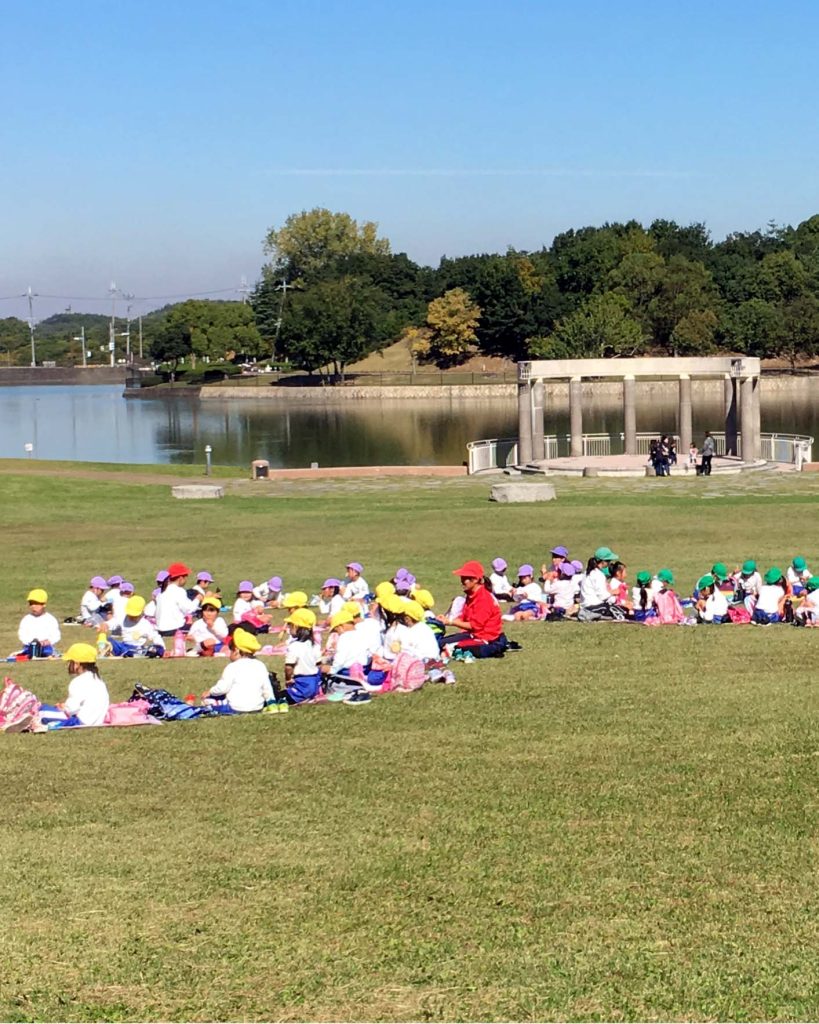
Under the clear autumn sky, numerous schoolchildren sit cross-legged on the spacious park lawn, chatting animatedly. Although I can’t hear what they’re saying, the cheerful atmosphere is palpable. This scene contrasts starkly with the images of the Gaza Strip that are constantly broadcast on television. In October 1971, Pablo Casals, invited to the United Nations headquarters in New York at the age of 94, clung to his beloved cello, ‘Gofriller,’ and said, ‘The birds in my homeland of Catalonia sing ‘peace, peace.” He then began to play the Catalan folk song ‘The Bird’s Song.’ It was a time that felt much like the end of the Vietnam War. The United States was indiscriminately killing in their pursuit of eradicating the Viet Cong hidden among the Vietnamese people. Israel’s indiscriminate attacks on the Gaza Strip in an effort to eliminate Hamas resonate with that. In both cases, many children have become casualties. The voices of Japanese children playing in front of me sound like ‘peace, peace.
秋晴れのもと、公園の広々とした芝生に沢山の学童達が車座になって座り、何か盛んに喋っています。何を喋っているのかよく聞こえませんが、楽しそうな雰囲気だけは伝わってきます。テレビで連日報じられるガザ地区の光景とは対照的な光景です。1971年10月、ニューヨークの国連本部に招かれた94歳のパブロ・カザルスが愛用のチェロ「ゴフラリー」にすがりながら、「私の生まれ故郷カタロニアの鳥は、ピース、ピースと鳴くのです」とだけ語り、カタロニア民謡「鳥の歌」を弾き始めた光景を思い出しました。時あたかも、ベトナム戦争の末期でした。ベトナム人民の中に紛れ込んだベトコンを抹殺する為に、アメリカは無差別に殺戮を繰り返していました。ハマスを抹殺する為にガザ地区を無差別に攻撃するイスラエルと重なります。どちらも数多くの子供達が犠牲になっています。目の前の日本の子供達のはしゃぐ声がピースピースと聞こえます。
